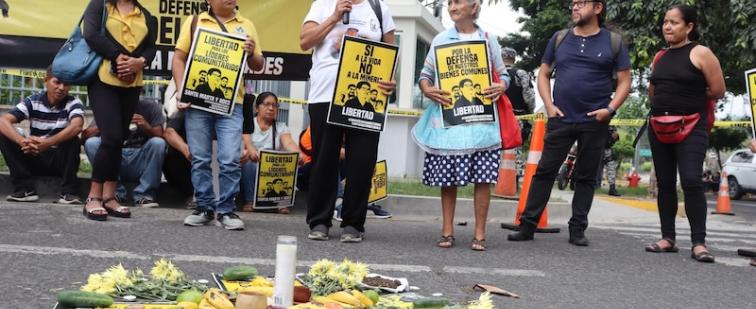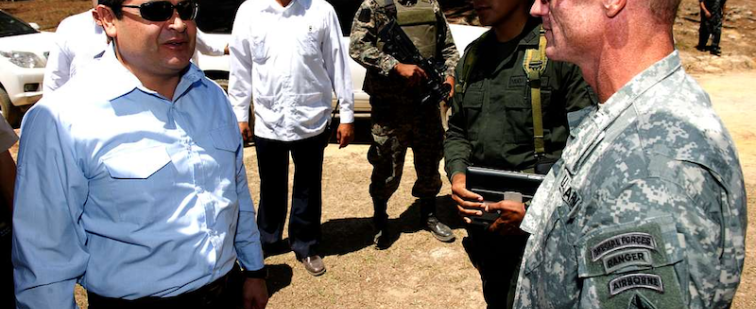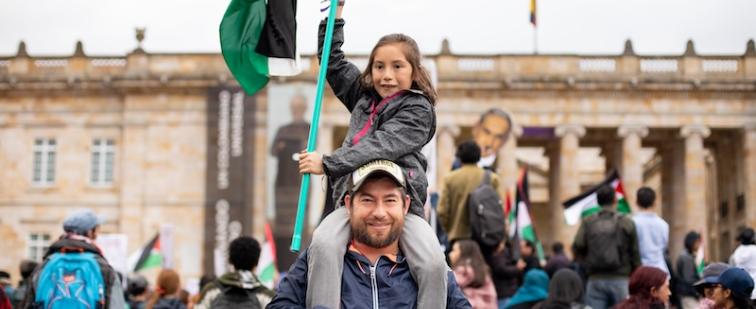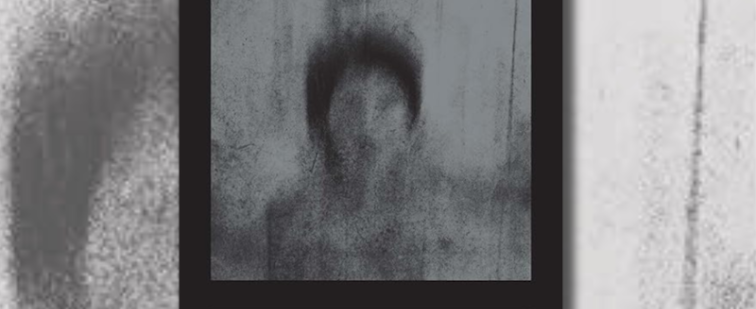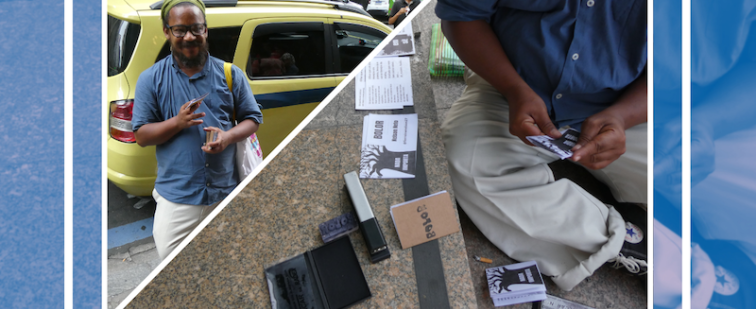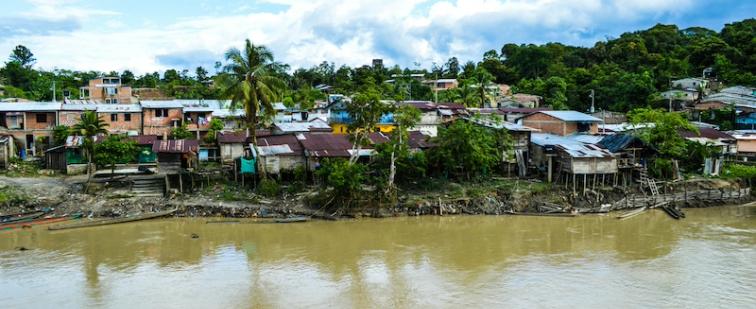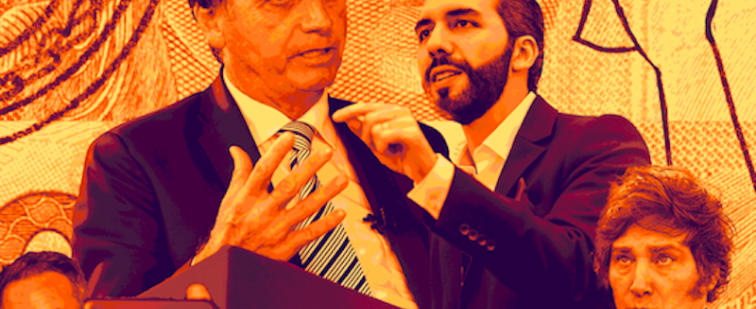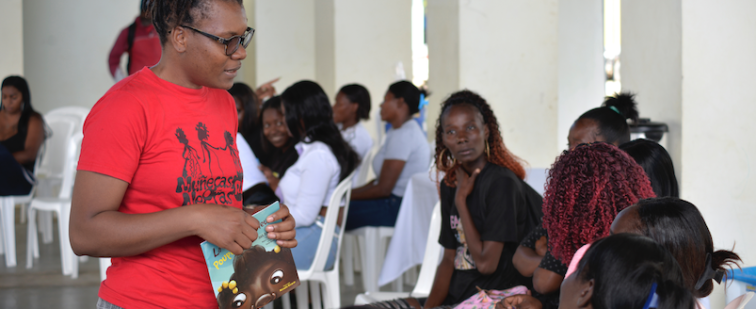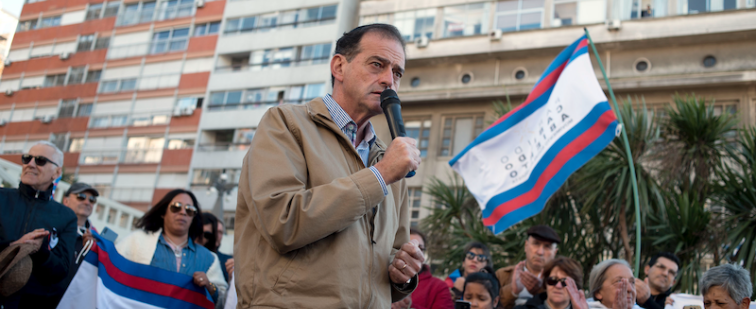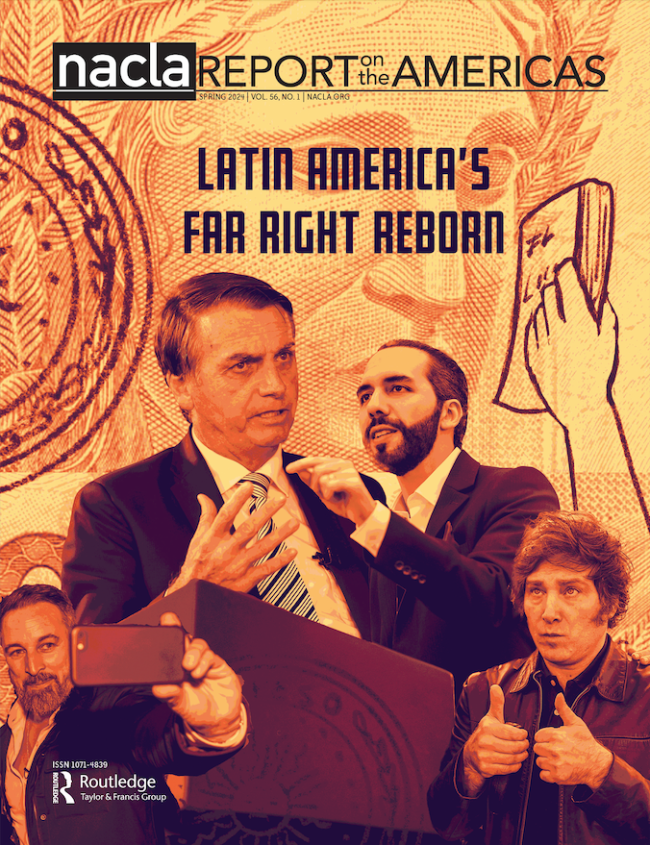Home
Ecuador’s leading social movements remain skeptical about whether Correa's re-election will translate into the deep social changes promised by the country’s new Constitution. Ecuador’s indigenous federations are still reeling from a bitter fight over a controversial mining law that the President pushed through the interim Congress in January. Many indigenous groups withheld their support for Correa in the April general elections, possibly costing his party a majority in the newly established unicameral National Assembly.
El Alto-based hip-hop artist Abraham Bojorquez died early in the morning on Wednesday, May 20 in El Alto, Bolivia. He was killed when a bus hit him as he walking home. Abraham, 26 years old, was a member of the popular hip-hop group Ukamau y Ké. His music blended ancient Andean folk styles and new hip-hop beats with lyrics about revolution and social change.
Recently declassified documents obtained by investigators Jeremy Bigwood and Eva Golinger reveal that the U.S. Agency for International Development (USAID) has invested more than $97 million in “decentralization” and “regional autonomy” projects and opposition political parties in Bolivia since 2002, showing USAID has funded and fomented separatist projects promoted by regional governments in Eastern Bolivia.
La Vía Campesina movement continues to grow worldwide. Last October, the movement held its Fifth International Conference in Mozambique, strengthening its presence in Africa. A few years earlier, the organization's headquarters was moved to Jakarta and is now under the leadership of the Indonesian Peasant Union, making inroads in Asia, where the majority of the world’s rural peoples live. While Latin American organizations continue to play an important leadership role in La Vía Campesina.
Recent events perhaps demonstrate what a Bush administration official meant when he said that Washington planned the "armoring" of NAFTA. As Mexican security budgets inflate with U.S. military aid, rights groups say security forces are increasingly targeting activist and community groups opposed to foreign-financed and government-backed megaprojects. In the southern state of Oaxaca, these resource conflicts seem inevitable.
Human rights activist in Guatemala continually come up against the country's stubborn structures of impunity, but recent events have renewed their hopes that the tide is finally beginning to turn toward truth and justice. And behind them is a mounting body of newly released documentary evidence. These emerging victories, however, continue to come at a price: Brutal reprisals and violence against human rights activists in Guatemala are still rampant.
How can we understand the prospects for U.S.-Cuba relations with the election of a Democratic president to the White House and a change in leadership in Cuba? What domestic constraints and opportunities does Barack Obama encounter as he seeks to open new channels of dialogue with Cuba? The domestic political ground is shifting and relations between Latin American nations are also in flux. Both factors will play a role in shaping U.S. relations with Cuba and with Latin America more broadly.
The book Hugo! The Hugo Chávez Story from Mud Hut to Perpetual Revolution offers a remarkably sober portrait of the Venezuelan leader. Part personal history, political drama, media critique, and an analysis of misguided U.S. foreign policy, the book is a badly needed, reality-based antidote to media hysteria and its cartoonish portrayals of the Venezuelan leader.
In this photo essay, small-scale farmers in the Paraguayan departments of Alto Paraná and San Pedro face off over land with industrial soy. Large-scale Paraguayan landowners have, with government collusion, displaced thousands of families in the last decade for their sprawling soy plantations.
The mainstream press in the United States will often simply ignore Bolivia, while the little U.S. media coverage the Andean nation does receive is deeply flawed and distorted. The media depicts the government of Evo Morales as having dubious political legitimacy, dismissing his electoral victories as little more than the entrenchment of political polarization in the country. Media coverage of opposition-led violence is also systematically distorted or completely ignored.

